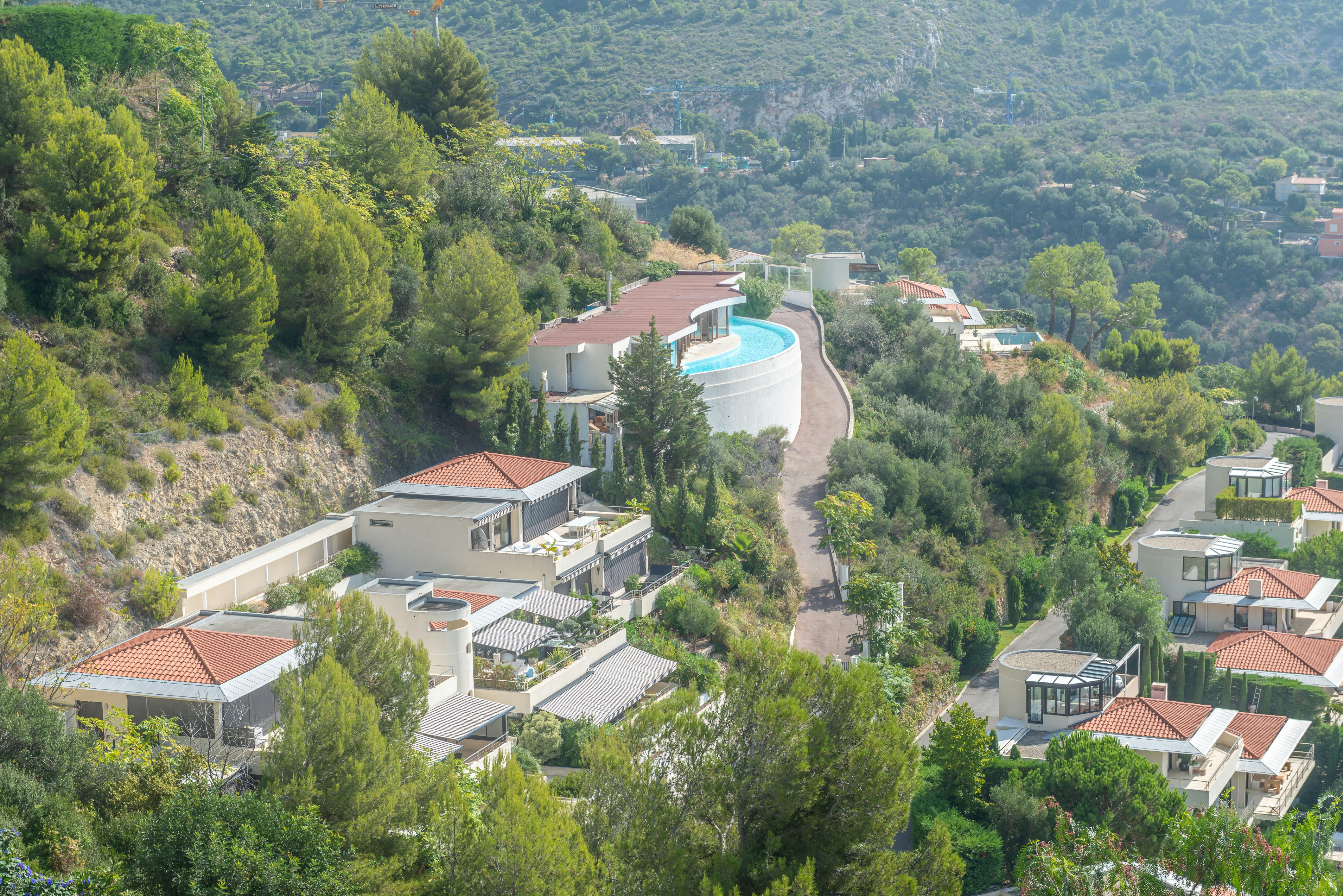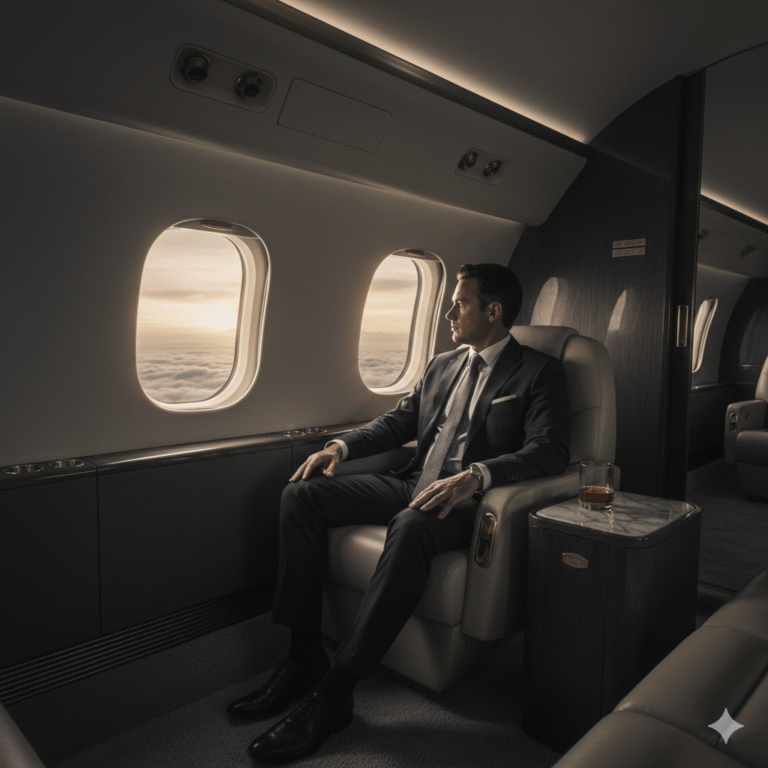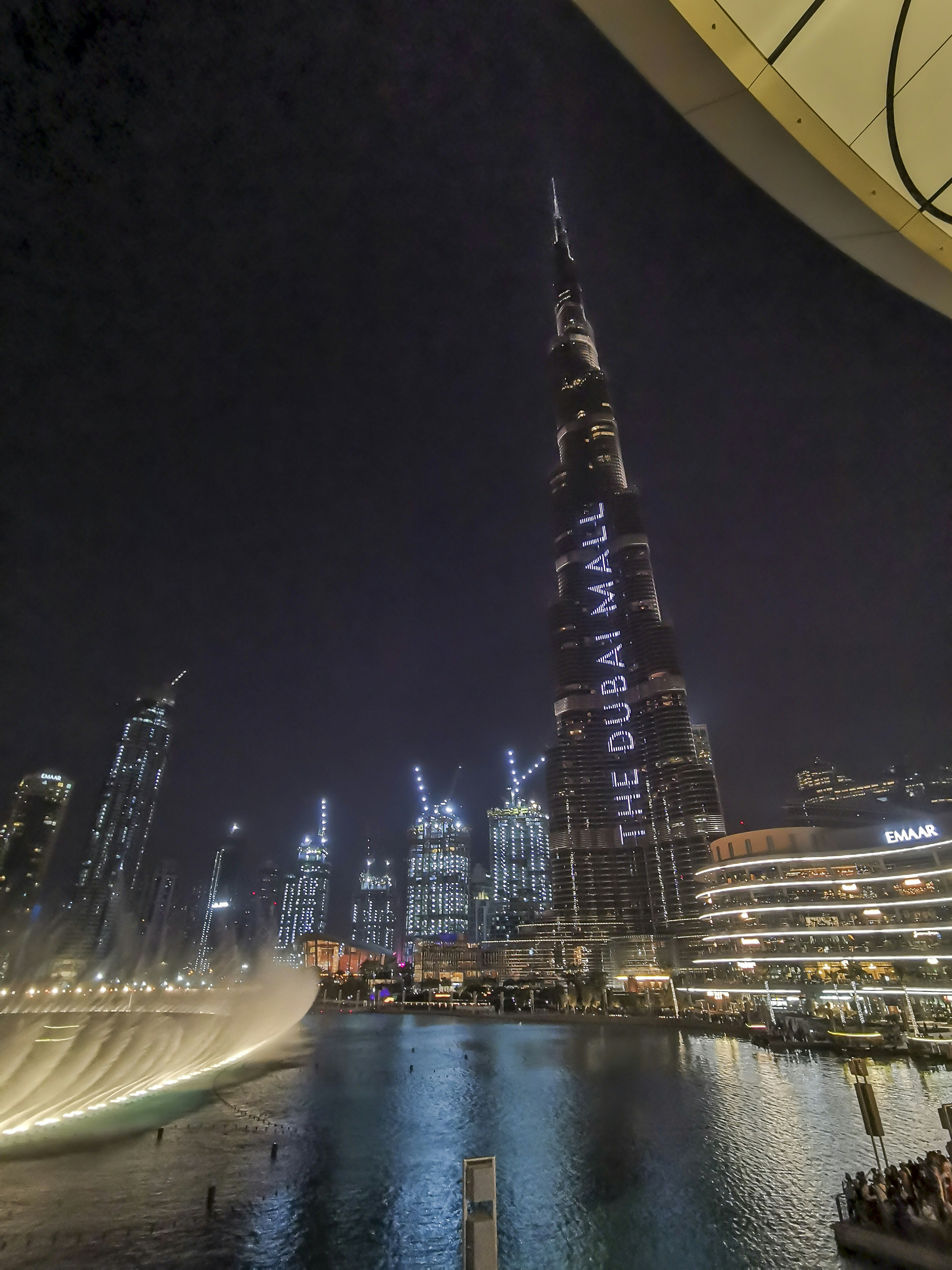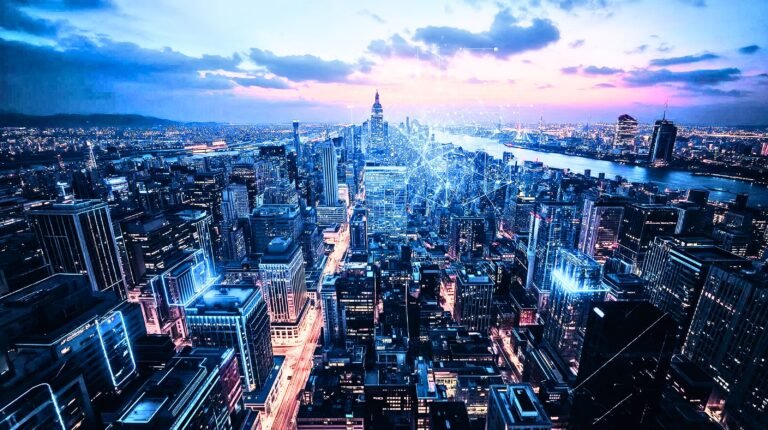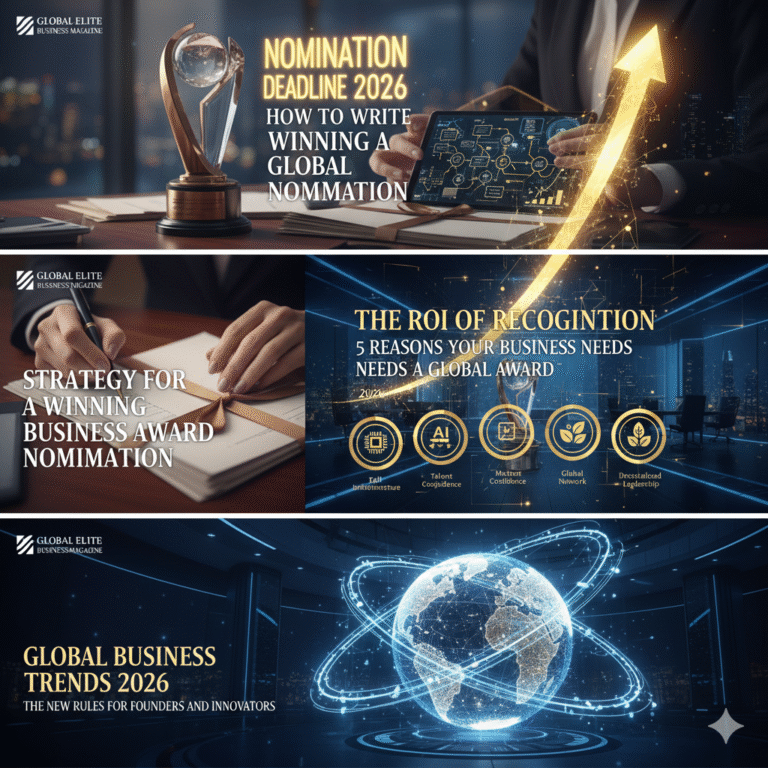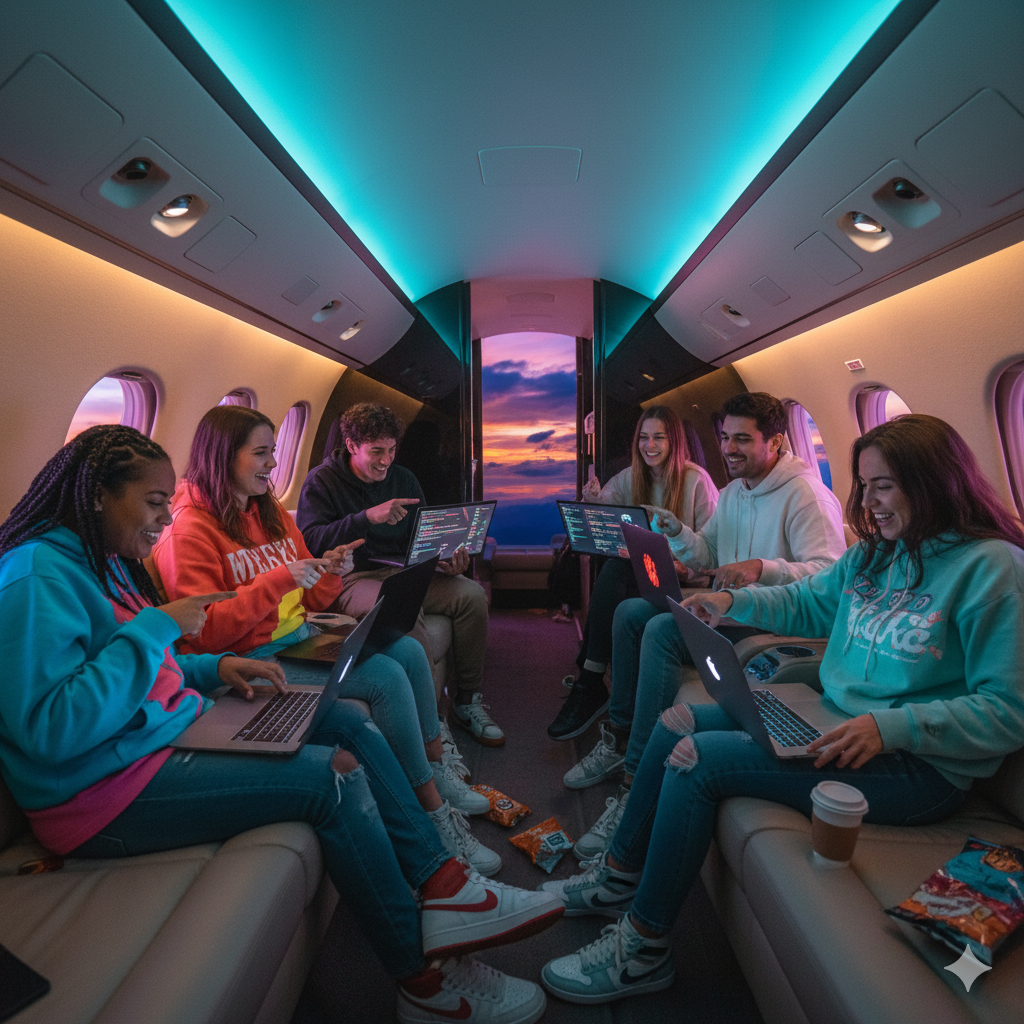
The Business Trip, Reinvented
Gone are the days when business travel meant red-eye flights, budget hotels, and a stack of meeting notes.
For the new generation of executives — especially Gen Z — every corporate trip is a chance to upgrade lifestyle, capture content, and curate experience.
Today’s boardroom nomads are not just chasing deals; they’re chasing moments.
Luxury hotels double as wellness sanctuaries. Business dinners morph into digital content. And the post-meeting downtime? That’s when influence is built — one rooftop cocktail or skyline selfie at a time.
The Rise of the “Bleisure” Generation
Business meets leisure — or “bleisure,” as the industry now calls it — is not new.
What’s new is how fully it’s being embraced by a workforce that refuses to separate personal experience from professional purpose.
According to the CTM 2025 Business Travel Survey, 57% of Gen Z employees consider business trips “very important” to their career growth, and over 70% believe this importance will only rise with seniority.
Over 40% of business travelers now extend trips for leisure, often adding wellness, fine dining, or local exploration to their itineraries.
The Amadeus Global Business Travel Outlook pegs total travel spending at US $1.64 trillion in 2025, a return to pre-pandemic highs, largely driven by younger, lifestyle-conscious professionals.
In short: business travel is no longer a burden — it’s a perk of identity.
Content, Connection & Corporate Culture
For Gen Z, travel isn’t just about miles; it’s about meaning.
Each destination becomes a backdrop for storytelling — and every LinkedIn post, an extension of personal brand.
“Travel is part of our professional identity,”
says Lila Fernandes, a 28-year-old marketing director.
“If I’m flying halfway across the world for work, I want to live it, not just log it.”
Companies are noticing.
Tech startups and creative agencies increasingly promote travel-friendly culture: flexible schedules, curated hotel partnerships, and reimbursement models that encourage cultural exploration.
Travel management firms like CTM and Amadeus now package “bleisure bundles” — hotels, experiences, and meals designed for productivity and pleasure in equal measure.
Policy Rewrites: When HR Meets Hospitality
Traditional corporate travel policies — fixed per diems, rigid lodging lists — no longer fit the hybrid workforce.
Enter the “lifestyle buffer.”
Forward-thinking companies allocate an extra 10–20% discretionary budget for wellness or local experiences.
It’s not extravagance — it’s retention.
A well-rested, inspired traveler is often a more creative one.
And in a market where experience equals engagement, lifestyle travel has become an employer branding tool.
Still, not everyone’s on board.
Conservative firms worry about blurred lines between business and pleasure. Expense auditing grows complex: was that rooftop dinner a client meeting or a personal splurge?
The challenge is clear — but so is the opportunity.
Why It Matters for Employers
1. Talent Magnetism
Gen Z professionals weigh lifestyle benefits alongside salary.
A “travel experience culture” can tip the scale when competing for top hires.
2. Brand Ambassadorship
Every business traveler becomes a live brand storyteller — posting, reviewing, and tagging their experiences in real time.
3. Employee Wellbeing
Incorporating downtime and culture into corporate travel reduces burnout and enhances morale.
4. Retention ROI
Flexible travel perks foster loyalty — especially among high performers who see mobility as freedom, not fatigue.
The New Corporate Travel Aesthetic
Business lounges are evolving into wellness zones.
Hotel lobbies showcase co-working pods and art installations.
Even airlines now market “mindful flying” packages with curated menus, meditation access, and sleep pods.
By 2030, expect AI-curated itineraries that automatically embed local experiences, sustainability metrics, and personalization based on traveler mood and past trips.
In essence, travel itself becomes a benefit, not a byproduct of work.
The Future Boarding Pass
Here’s what the next era of executive travel could look like:
- AI Trip Curators: Personalized itineraries blending business agendas with local cultural or culinary options.
- Modular Travel Bundles: Base corporate packages with optional “experience add-ons.”
- Wellness Credits: Companies offering a set number of spa, fitness, or retreat credits per year.
- Carbon-Smart Travel: Sustainability metrics tied to travel approval workflows.
- Destination Work Weeks: Firms hosting short residencies in key markets, mixing strategy offsites with experiential immersion.
What began as rebellion against rigid corporate norms is quickly becoming the new standard for elite professionals.
In a generation defined by flexibility, travel is no longer an expense — it’s an investment in human capital.
The New Corporate Currency: Experience
The message is clear:
To attract the best, companies must move beyond compliance to culture.
When an employee feels empowered to turn a work trip into a life memory, the payoff extends far beyond the itinerary — it reflects in creativity, loyalty, and long-term brand advocacy.
And as the workforce evolves, the firms that win won’t just fly their people across continents — they’ll elevate how those journeys feel.
✦ Sources
- CTM Business Travel Survey (March 2025) — “Younger Business Travelers Want to Travel More.” businesstravelexecutive.com
- Amadeus & Globetrender Report (2025) — “Global Business Travel Trends.” amadeus.com
- Deloitte 2025 Corporate Travel Outlook — “Travel Budgets, Bleisure Trends, and ESG.” deloitte.com
- TravelPerk 2025 Gen Z Travel Statistics. travelperk.com
- Neirelo Travel Insights (2025) — “Key International Business Travel Trends.” neirelo.com
- The Sun UK — “Gen Z Workers Upgrade Lifestyle During Business Trips” (March 2025). thesun.co.uk
- Harvard Business Review (2024) — “The Future of Work Travel: How Experience Became a Retention Strategy.”


